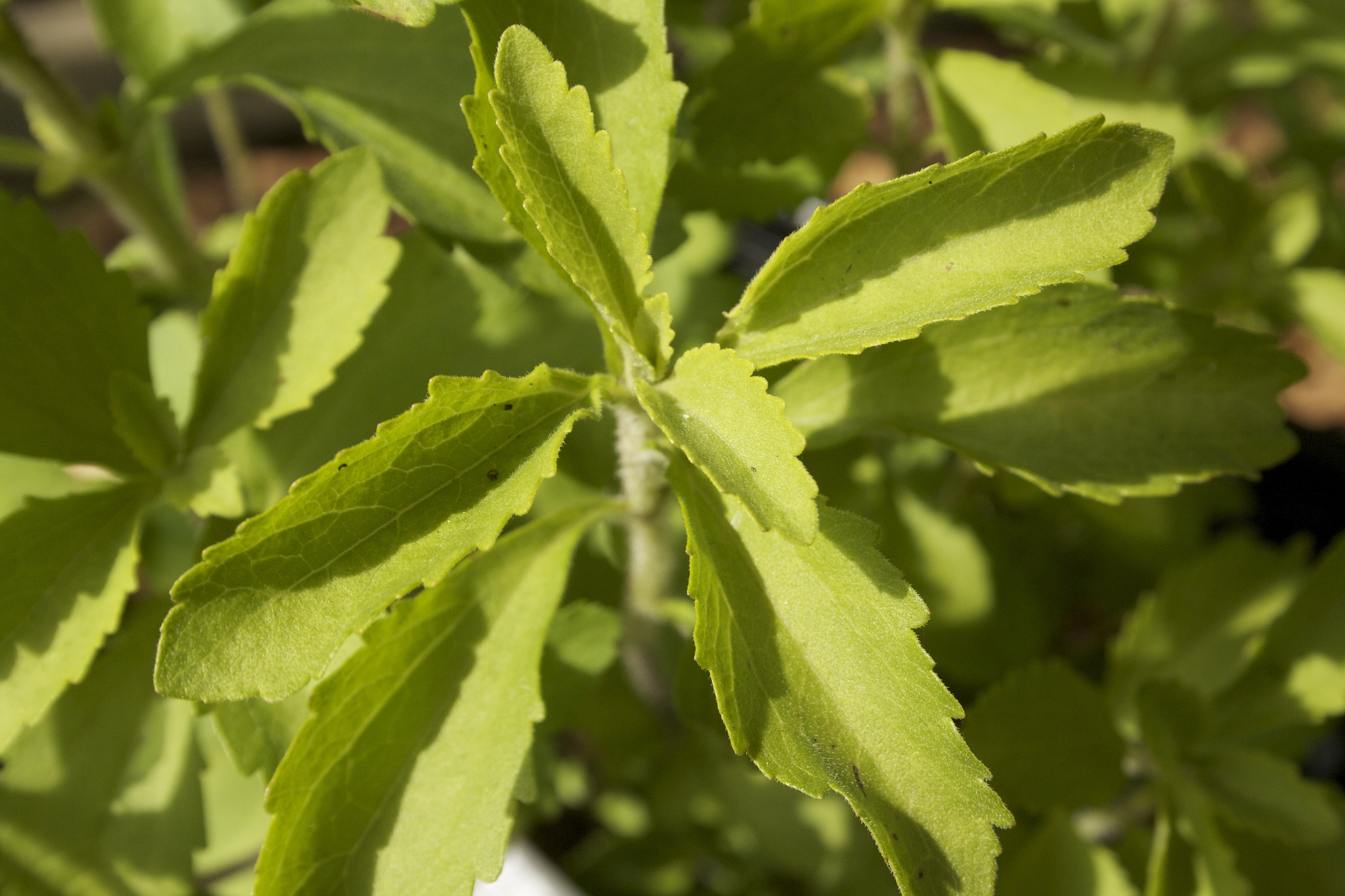With the recent natural food boom, demand for natural yet non-caloric sweeteners is on a steady rise. Among such natural sweeteners on the market, Stevia is the most widely known and used by food manufacturers. In the U.S., we find highly refined forms of Stevia sold under brands like Truvia. Stevia sweeteners are extracted from the Stevia rebaudiana plant, native to South America, and are then purified to contain just the sweet-tasting compounds. Like artificial sweeteners, Stevia is 100 to 300 times sweeter than table sugar, contains minimal calories, but is still natural enough to be an attractive option for today’s society.
For those who have tasted Stevia before, you may recall a bitter, “licorice-like” taste. That’s one reason why Stevia has been unpopular. In spite of this, demand for Stevia and other natural non-caloric sweeteners are increasing.
Source: Dirk Richter
Two Chinese studies have suggested that blood pressure in people with hypertension lowered after consuming high daily doses of Stevia. Moreover, there were significantly more cases of heart damage from high blood pressure in the placebo group than in the Stevia group. However, the studies could not be replicated.
A well-known study in 2010 found evidence for Stevia’s effect on high blood sugar, a major problem for diabetic individuals, so we would hope that it could be an effective aid in diabetes management. The study examined the effects of Stevia consumption compared with table sugar (sucrose) and an artificial sweetener (aspartame). They tested insulin levels after the participants had eaten, as well as differences in how much food the subjects consumed and how full they felt after their meals. Researchers found that those who consumed aspartame or Stevia showed lower blood sugar levels after their meals compared to those who had sucrose. Furthermore, insulin levels were significantly lowered in just the Stevia consumers as opposed to those with aspartame or sucrose. This is an interesting finding that shows Stevia’s potential role in managing hyperglycemia (high blood sugar).
Source: Mark Hatfield
This study also showed that Stevia consumers had normal food intake and did not feel any hungrier than did sucrose consumers. This would be good counter-evidence to claims that lack of calories in foods with sweeteners will lead people to overeat. Furthermore, a number of studies do suggest overeating in individuals consuming non-caloric sweeteners, and could explain why those who drink diet soda are often overweight.
All in all, there is insufficient evidence to completely support the supposed benefits of Stevia, especially with regards to hypertension and hyperglycemia. Be wary of Stevia’s miraculous claims!
Feature Image Source: Stevia by Fluffymuppet










